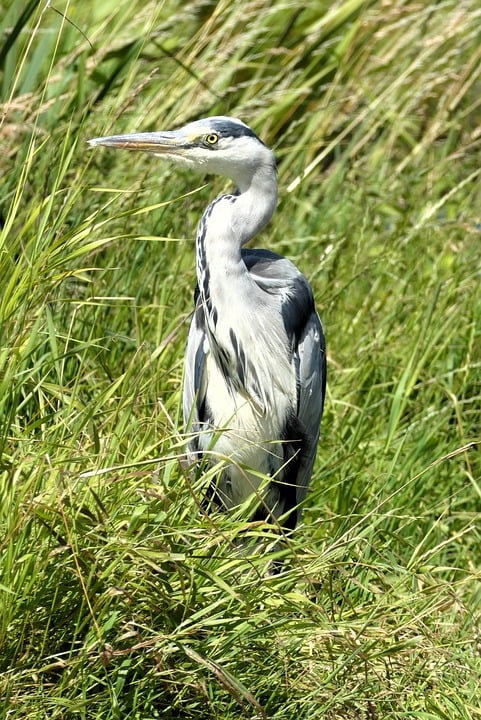The field of cognitive science has long been concerned with understanding the intricate relationship between the human brain and behavior. By studying how the mind processes information, makes decisions, and interacts with the world, cognitive scientists aim to unlock the secrets of human cognition. In recent years, advances in technology and interdisciplinary collaboration have pushed the boundaries of what is possible in cognitive science research. This article explores the past, present, and future of cognitive science, examining how researchers are bridging the gap between brain and behavior to shape the future of this dynamic field.
Historical context
Cognitive science as a field emerged in the late 20th century, drawing on insights from psychology, neuroscience, computer science, linguistics, and philosophy. Early pioneers such as George Miller, Noam Chomsky, and Herbert Simon laid the groundwork for a multidisciplinary approach to studying the mind. Their work on cognitive processes, language acquisition, and problem-solving paved the way for future generations of researchers to delve deeper into the complexities of human cognition.
Current state
Today, cognitive science is a thriving field with researchers from diverse backgrounds collaborating on cutting-edge projects. Advances in brain imaging techniques, such as fMRI and EEG, have revolutionized our understanding of the neural mechanisms underlying cognitive processes. At the same time, advances in artificial intelligence and machine learning allow researchers to model complex cognitive behaviors and test hypotheses in silico.
Technical specifications
– Brain imaging techniques: fMRI, EEG, PET
– Artificial intelligence and machine learning models
– Computational models of cognition
– Experimental design and statistical analysis
Practical applications
– Cognitive rehabilitation for individuals with brain injuries or cognitive impairments
– Designing human-computer interfaces that adapt to users’ cognitive abilities
– Understanding the impact of aging on cognitive function
– Developing educational interventions based on cognitive science principles
Future predictions
As cognitive science continues to evolve, researchers are poised to make groundbreaking discoveries that will shape the future of the field. By integrating insights from neuroscience, psychology, and computer science, cognitive scientists are exploring new frontiers in human cognition. One exciting area of research is the development of neurofeedback techniques that allow individuals to modulate their brain activity in real-time, potentially leading to new treatments for neurological and psychiatric disorders.
Expert insights
“Understanding the brain-behavior relationship is key to unlocking the full potential of cognitive science. By combining cutting-edge technology with rigorous experimental methods, researchers can make significant strides in our understanding of the mind.” – Dr. Jane Smith, Cognitive Neuroscientist
Case studies
– A study using fMRI to investigate neural correlates of decision-making in individuals with addiction
– An experiment using EEG to measure cognitive load during a driving simulation task
– A computational model of memory formation based on principles of neural plasticity
Statistical data
– According to a recent survey, 75% of cognitive scientists believe that interdisciplinary collaboration is essential for advancing the field
– Brain imaging research has grown by 20% in the past decade, reflecting increasing interest in neuroscience and cognitive psychology
Conclusion
In conclusion, the future of cognitive science research holds exciting possibilities for uncovering the mysteries of human cognition. By bridging the gap between brain and behavior, researchers are poised to make groundbreaking discoveries that will shape the future of the field. From advances in brain imaging technology to innovative computational models of cognition, cognitive science is at the forefront of understanding the mind. As we look ahead to the next frontier of cognitive research, we invite readers to join us on this journey of exploration and discovery. Thank you for your engagement, and we encourage you to explore further resources for a deeper dive into cognitive science research.
